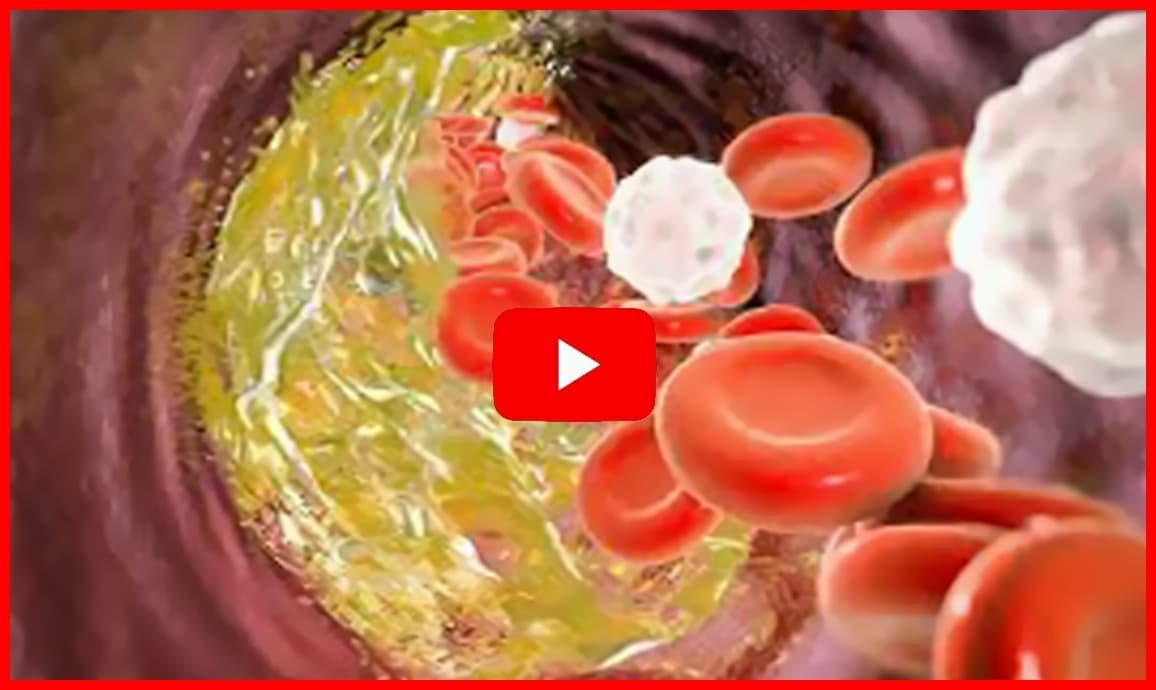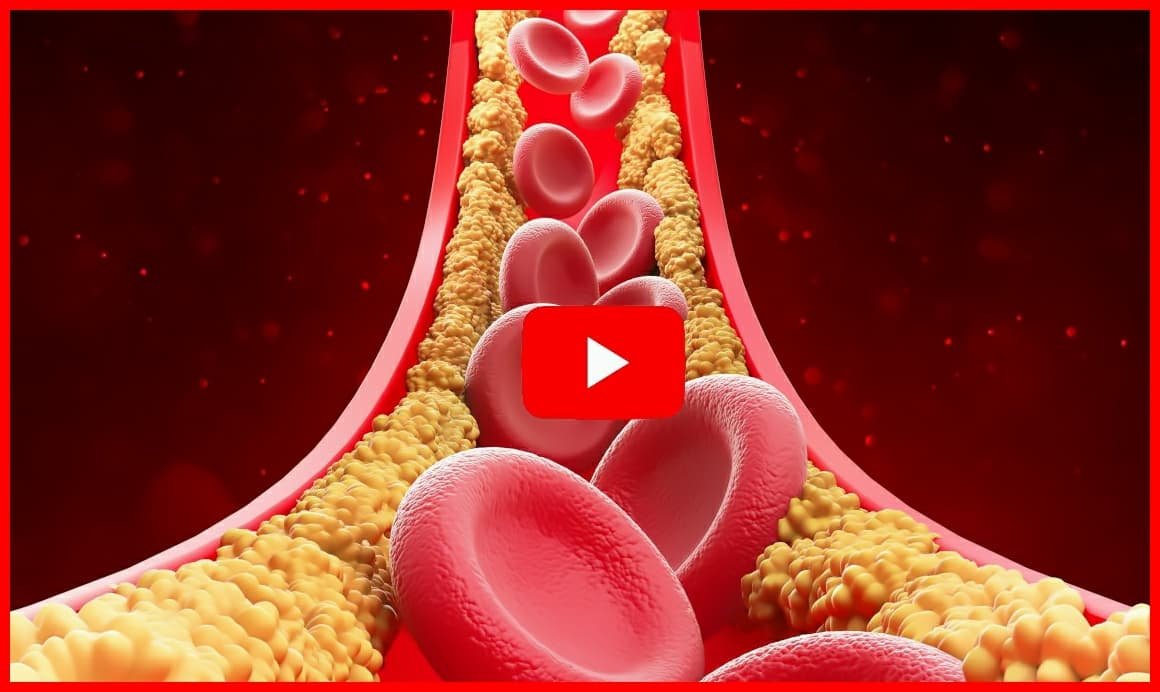Lower Cholesterol Naturally: Embracing Nature and Lifestyle for a Healthier Heart
Taking control of your cholesterol is more than a medical goal—it’s a holistic journey toward heart health, vitality, and well-being. While medications have their place, natural strategies and lifestyle adjustments can be incredibly effective in managing cholesterol levels. These approaches empower you to nurture your heart, reduce reliance on drugs, and cultivate a balanced, vibrant life. Let’s explore the key ways to lower cholesterol naturally, from diet and exercise to mindful living and stress management.
Dietary Choices: The Cornerstone of Cholesterol Control
What you eat has a direct, measurable effect on your lipid profile. Making thoughtful dietary choices can dramatically influence cholesterol levels.
Soluble Fiber: Nature’s Gentle Cleanser
Soluble fiber binds to cholesterol in the digestive tract, preventing its absorption and promoting its removal from the body. Foods like oats, barley, beans, lentils, apples, citrus fruits, and berries are packed with this heart-loving fiber. Regular consumption supports not only healthy cholesterol levels but also overall digestive wellness.
Healthy Fats: Friends, Not Foes
Monounsaturated and polyunsaturated fats—found in avocados, nuts, seeds, and olive oil—play a vital role in improving your cholesterol profile. These fats elevate HDL (good cholesterol) while reducing LDL (bad cholesterol), all while providing essential nutrients that promote cardiovascular health.
Limiting Harmful Fats
Saturated fats from red meats, full-fat dairy, and processed foods, along with trans fats found in baked and fried goods, are particularly harmful. These fats raise LDL cholesterol and lower HDL cholesterol, accelerating heart disease risk. Focusing on whole, minimally processed foods rich in antioxidants can counter inflammation and oxidative stress, key drivers of cardiovascular disease.
Herbs, Supplements, and Functional Foods
Natural compounds can complement dietary efforts.
Plant Sterols and Stanols
Present in small amounts in fruits, vegetables, nuts, and seeds—and often fortified into margarines and yogurts—these compounds block cholesterol absorption in the intestines, reducing blood cholesterol levels naturally.
Omega-3 Fatty Acids
Fatty fish like salmon, mackerel, sardines, and anchovies are rich in omega-3s, which lower triglycerides, increase HDL cholesterol, and fight inflammation. For plant-based diets, algae-based supplements provide a compassionate alternative. Incorporating these sources at least twice weekly can deliver a gentle yet powerful cholesterol-lowering effect.
Exercise: Moving for Your Heart
Physical activity is a cornerstone of natural cholesterol management. Regular exercise boosts HDL cholesterol, which helps remove LDL cholesterol from arteries.
Recommended Activity
Aim for at least 150 minutes of moderate-intensity activity each week—brisk walking, cycling, swimming, or dancing all count. Exercise strengthens the heart, enhances circulation, aids in weight management, and encourages lasting healthy habits. Consistency is key; even small daily doses of movement accumulate into profound cardiovascular benefits.
Weight Management: Lightening the Heart’s Load
Excess abdominal weight is linked to higher LDL and triglycerides, and lower HDL levels. Achieving a healthy weight through balanced nutrition and regular exercise alleviates strain on the heart and improves cholesterol. Even modest weight loss can significantly enhance lipid profiles and reduce cardiovascular risk.
Lifestyle Factors: Beyond Diet and Exercise
Quit Smoking
Smoking damages blood vessels, accelerates plaque buildup, and reduces HDL cholesterol. Quitting smoking improves arterial health and markedly reduces cardiovascular risk.
Limit Alcohol
Excess alcohol contributes calories and increases triglycerides. Moderating intake supports cholesterol management and overall heart health.
Stress Management: The Hidden Cholesterol Factor
Chronic stress triggers hormones like cortisol and adrenaline, influencing lipid metabolism and prompting unhealthy behaviors such as overeating, smoking, or excessive drinking.
Mindful Practices for Heart Health
Mindfulness meditation, deep breathing, yoga, or engaging in hobbies can calm the mind, regulate hormones, improve sleep, and encourage healthier daily choices. A centered, stress-resilient mind indirectly supports improved cholesterol and cardiovascular wellness.
Adopting a Heart-Healthy Lifestyle: Foundations for Long-Term Wellness
A heart-healthy lifestyle goes far beyond simply managing cholesterol—it’s a holistic approach to nurturing your entire well-being. It emphasizes balanced nutrition, consistent physical activity, emotional resilience, and mindful habits that collectively safeguard cardiovascular health. The journey begins with small, sustainable changes that gradually weave themselves into daily life, creating lasting vitality and a renewed sense of energy.
Nutrition: The Cornerstone of Heart Health
Eating for your heart means choosing foods that nourish and protect. Fruits, vegetables, whole grains, lean proteins, and healthy fats provide essential nutrients, antioxidants, and phytochemicals that strengthen blood vessels, reduce inflammation, and support optimal heart function.
Minimizing Processed Foods
Reducing processed foods, refined grains, and added sugars helps prevent inflammation and atherosclerosis—the buildup of fatty deposits in arteries that can lead to heart attacks or strokes. Prioritizing plant-based options and selecting organic or minimally processed foods enhances nutrient intake while limiting exposure to additives.
Physical Activity: Movement as Medicine
Exercise is indispensable for cardiovascular health. Beyond improving cholesterol, regular activity strengthens the heart, boosts circulation, aids weight management, and releases endorphins that enhance emotional resilience.
Finding Joy in Movement
Sustainability comes from enjoyment. Gardening, dancing, hiking, brisk walks, or family activities transform exercise from a task into a pleasurable part of life. Over time, these routines embed themselves naturally into your lifestyle, supporting long-term health goals.
Sleep and Emotional Well-Being: The Invisible Pillars
Quality sleep and emotional balance are often overlooked but crucial for heart health. Chronic sleep deprivation and prolonged stress can elevate blood pressure, disrupt hormones, and negatively affect cholesterol.
Building Restful Habits
Establish regular bedtimes, limit screen exposure before sleep, and create a calming environment to promote restorative rest. Simultaneously, nurture emotional well-being through hobbies, social connections, and relaxation techniques. Practicing gratitude and maintaining a positive outlook reinforce motivation, resilience, and adherence to healthy habits.
Preventive Healthcare: Knowledge as Power
Regular check-ups, blood pressure monitoring, and blood tests for cholesterol and glucose provide early detection of potential issues. Collaborating with healthcare professionals ensures personalized guidance, helping you adjust lifestyle choices based on your unique health profile.
Empowered and Proactive
Equipped with knowledge and support, you can take intentional steps toward long-term wellness. A proactive approach transforms lifestyle changes into sustainable, heart-supporting habits that foster vitality, confidence, and enduring well-being.
🏆 Lipid Control Plus is a multi-ingredient food supplement designed for people who want to take comprehensive care of their cholesterol levels, liver health and cardiovascular system. The product has been created on the basis of 8 natural ingredients.
🏆 Regular use of Lipid Control Plus helps to take care of the lipid profile. The product supports detoxification and the flow of digestive juices. Lipid Control Plus also prevents the accumulation of fats and improves their removal by the liver. Consumers will appreciate that the product supports heart health and supports proper liver function.
Stress and Cholesterol: Understanding the Connection and How to Manage It
Stress is a powerful, often underestimated factor affecting cholesterol and overall heart health. While short-term stress triggers essential “fight-or-flight” responses, chronic stress can wreak havoc on the body. Hormones like cortisol and adrenaline, when elevated for extended periods, promote visceral fat accumulation around the abdomen—a key contributor to higher LDL (“bad”) cholesterol and lower HDL (“good”) cholesterol. Beyond fat storage, these hormones alter lipid metabolism, often creating an unfavorable lipid profile that increases cardiovascular risk.
How Stress Impacts Behavior and Cholesterol
Chronic stress doesn’t just affect the body chemically; it shapes behavior in ways that can worsen cholesterol levels. Overeating, particularly sugary or fatty foods, smoking, excessive alcohol consumption, and physical inactivity are all common stress-driven patterns. Recognizing these behaviors is the first step toward intervention, allowing you to address both the physiological and lifestyle aspects of stress simultaneously.
Stress Management Through Awareness
Awareness is the cornerstone of effective stress control. Identifying the sources of stress—whether from work pressures, financial concerns, relationship challenges, or health issues—empowers proactive solutions.
Relaxation Techniques
-
Deep breathing exercises
-
Progressive muscle relaxation
-
Meditation and mindfulness
-
Yoga
Mindfulness meditation, in particular, has been shown to lower cortisol levels, enhance emotional resilience, and mitigate stress’s impact on cholesterol. Incorporating these practices regularly provides both physiological and mental relief.
Exercise: A Natural Stress Reliever
Physical activity is a potent antidote to stress. Exercise triggers endorphin release, naturally elevating mood and counteracting stress hormones. Yoga, walking, swimming, or even dancing combines movement with breath control and mindfulness, offering a holistic approach to reducing stress while supporting cardiovascular health.
Engaging in Enjoyable Activities
Spending time outdoors, nurturing hobbies, and maintaining social connections further alleviate stress, providing emotional support and mental clarity.
Lifestyle Choices That Support Both Heart and Mind
A balanced diet rich in omega-3 fatty acids, fiber, and antioxidants helps regulate cholesterol and reduces stress-related inflammation. Adequate sleep is equally critical, as deprivation amplifies stress and disrupts hormonal balance.
Tips for Better Sleep
-
Establish consistent bedtimes
-
Avoid caffeine and screens before bed
-
Create a calming, restful environment
Professional support, such as counseling or cognitive-behavioral therapy (CBT), can provide tools to cope effectively with persistent stress.
The Power of Support Networks
Friends, family, or support groups offer emotional reinforcement and encouragement. Building a network of care makes it easier to sustain healthy habits, manage stress, and maintain balanced cholesterol levels.
Conclusion: A Holistic Approach to Heart Health
Understanding the intricate connection between stress and cholesterol highlights the importance of a comprehensive approach to cardiovascular wellness. By combining mindfulness, physical activity, healthy lifestyle choices, restorative sleep, and professional support, you create a resilient foundation for heart health. Managing stress proactively not only protects your heart but also fosters a more balanced, joyful, and fulfilling life.
🏆 Lipid Control Plus is a multi-ingredient food supplement designed for people who want to take comprehensive care of their cholesterol levels, liver health and cardiovascular system. The product has been created on the basis of 8 natural ingredients.
🏆 Regular use of Lipid Control Plus helps to take care of the lipid profile. The product supports detoxification and the flow of digestive juices. Lipid Control Plus also prevents the accumulation of fats and improves their removal by the liver. Consumers will appreciate that the product supports heart health and supports proper liver function.
YOU MAY ALSO LIKE:
The Truth About Cholesterol and Heart Disease: What You Should Know
Cholesterol Uncovered: The Truth You Need for Better Health
Cholesterol Explained: Your Path to a Heart-Healthy Lifestyle
Understanding Cholesterol: The Ultimate Guide to Heart Health
Managing Cholesterol for a Healthier Life: Simple & Effective Steps
Cholesterol Myths and Facts: Debunking Misconceptions for Heart Health
Your Cholesterol Journey: Embrace Wellness and Heart Happiness
Cholesterol and Your Health: The Essential Guide to Heart Wellness








